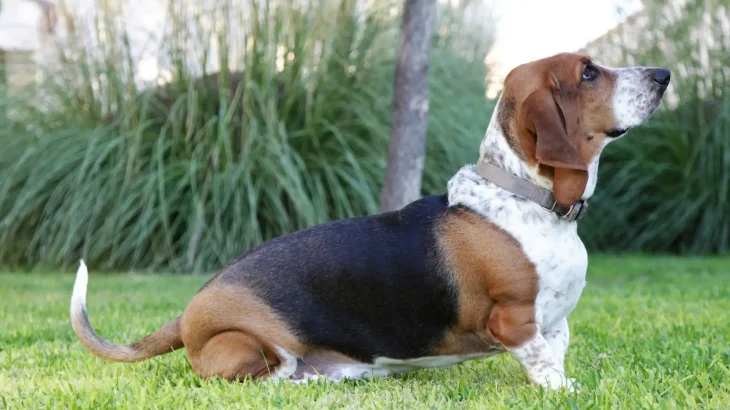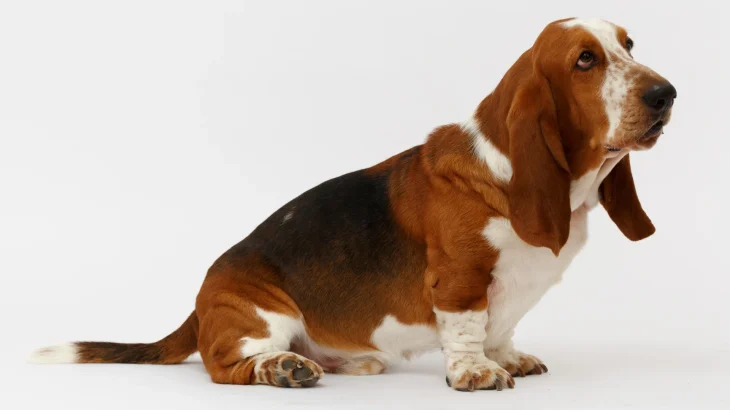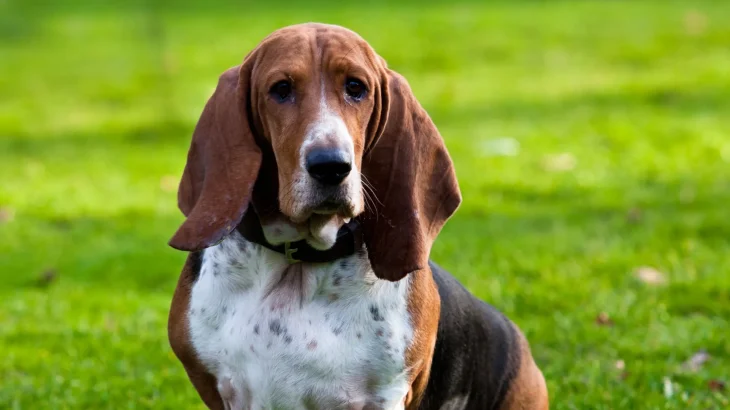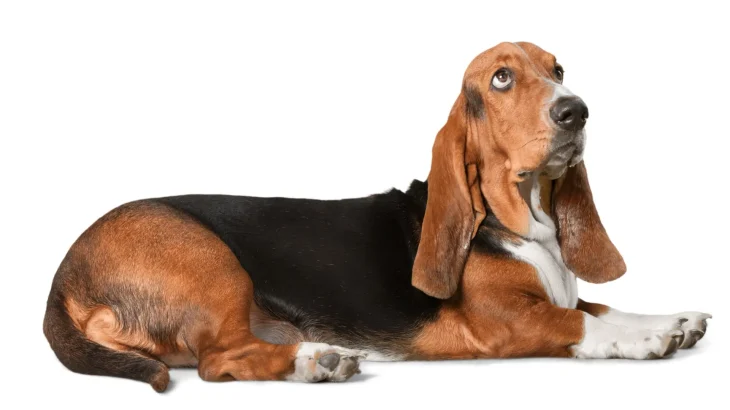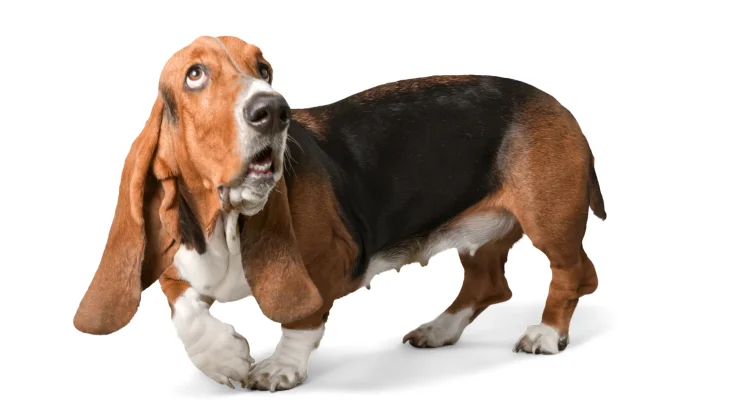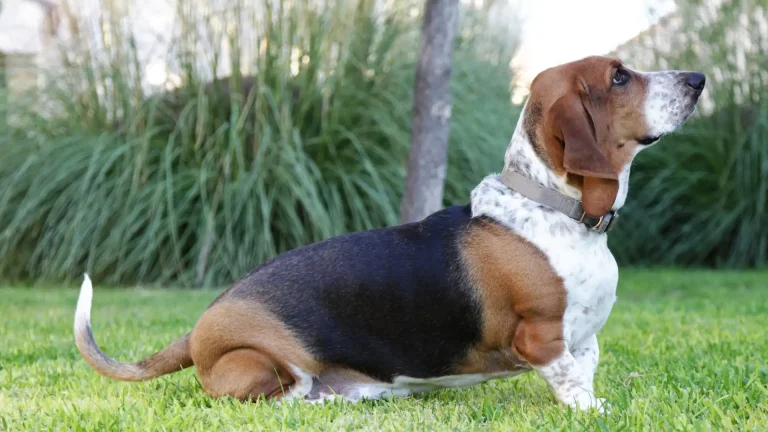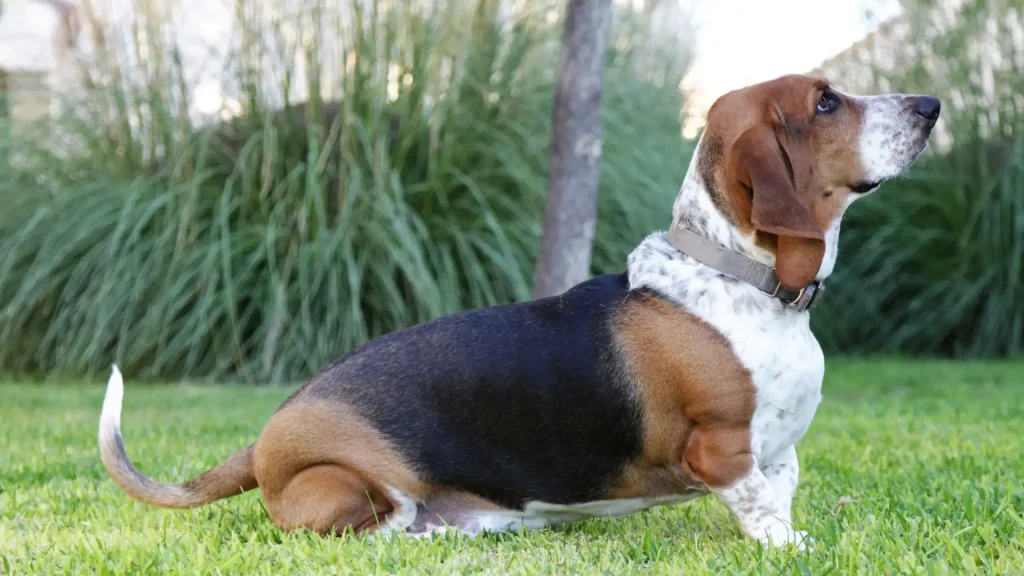When deciding whether to bring a Basset Artésien Normand puppy into your home, you might consider adopting or purchasing from a breeder. Each choice offers unique advantages related to cost, health history, and ethical considerations that can impact your experience and connection with your new companion.
Adoption vs. Breeder: Pros & Cons
| Criteria | Buying from Breeder | Adopting from Shelter/Rescue |
|---|---|---|
| Cost | Higher cost reflecting purebred status and breeder investment. | Lower cost, often just covering basic care and fees. |
| Health History | Usually provides comprehensive health records and screenings. | Health background may be limited, but initial health checks are standard. |
| Age Availability | Primarily young puppies, allowing early bonding and training. | Wide range of ages, including adults with known temperaments. |
| Temperament Insight | Breeders often know lineage and expected behavior. | Shelter staff offer observations but history may be uncertain. |
| Supporting Practices | Supports breed preservation with responsible breeders. | Helps reduce shelter populations, giving homes to dogs in need. |
| Ethical Considerations | Depends on breeder ethics; avoid puppy mills and bad practices. | Promotes animal welfare and rehabilitation of homeless dogs. |

